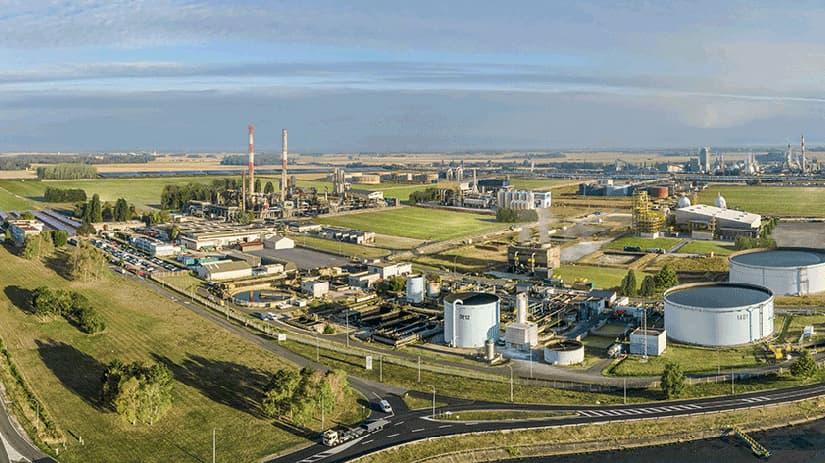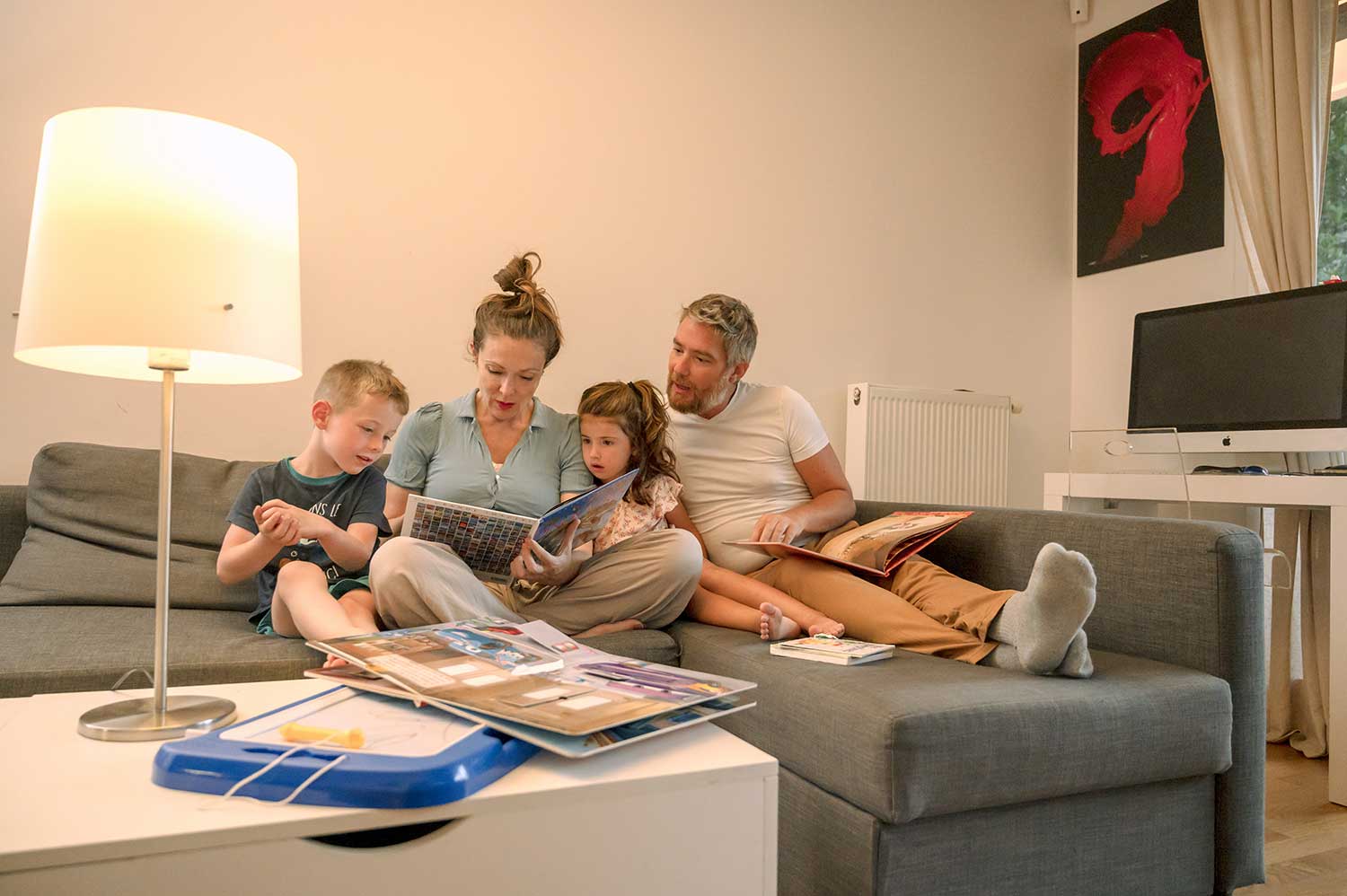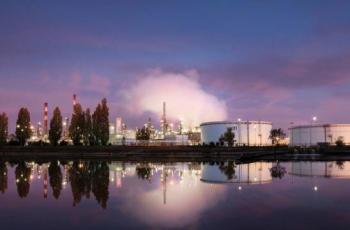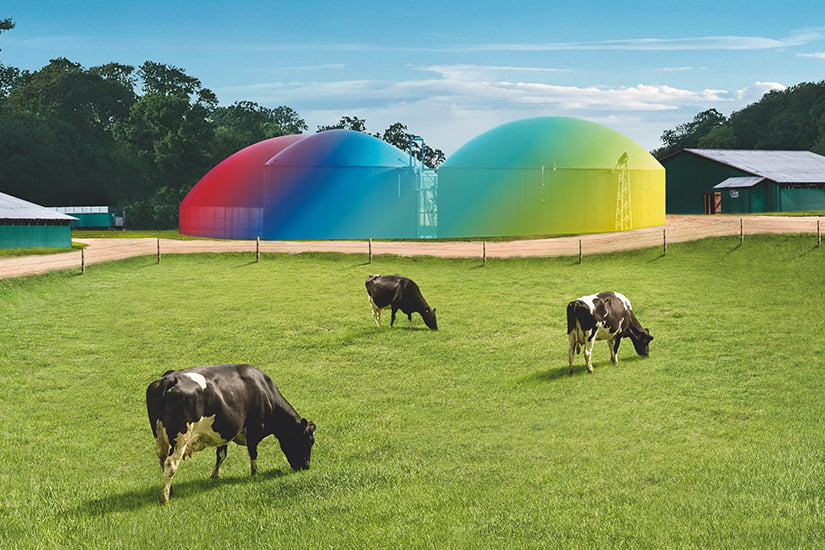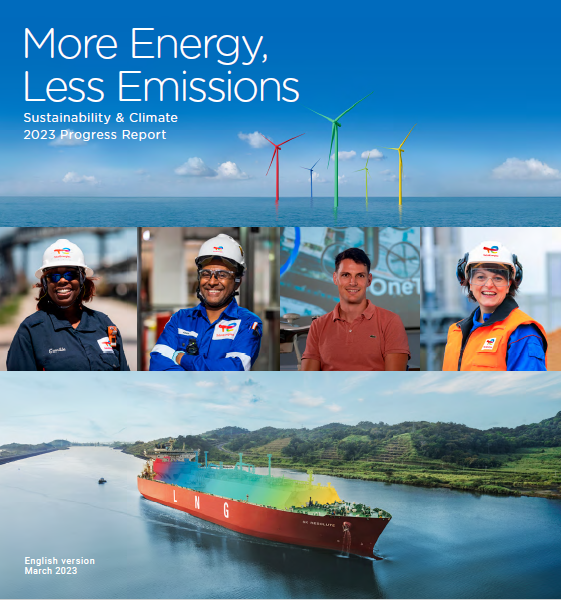Location: France
Partners: TotalEnergies
Main activities: Biofuel production, plastic recycling
Other activities: Renewable hydrogen, biomethane, solar energy, electricity storage
Commissioning: 2025

The Grandpuits platform is being converted into a zero-crude platform and will be operational mid 2025. Biofuel production and plastic waste recycling form the backbone of this project, which is part of our ambition to achieve net-zero emissions by 2050.
The Grandpuits-Gargenville site comprises the Grandpuits refinery (Seine-et-Marne), commissioned in 1966, and the Gargenville oil depot (Yvelines). In September 2020, we announced our project to convert the refinery into a zero-crude platform. This project, with a total investment estimated at more than €500 million, is based on the development of several future-oriented activities in the field of biomass, renewable energies and the circular economy.
A biofuel plant mainly aimed at the aviation sector
One of the main reasons behind the platform's conversion is to transform the Grandpuits refinery into a biorefinery. With a processing capacity of 400,000 metric tons/year, it will be commissioned mid 2025 to produce:
- 210,000 metric tons/year of sustainable aviation fuel (SAF), which will be extended to 285,000 metric tons/year from 2027;
- 50,000 metric tons/year of renewable diesel;
- 70,000 metric tons/year of renewable naphtha.
The biorefinery will process more than 75% of waste and residues. A partnership announced in September 2022 with SARIA will help secure feedstock supply (used cooking oils and animal fats) eligible to produce SAF. The site will be the first biorefinery designed to maximize SAF production, while making a major contribution to fulfilling European and French ambitions of decarbonizing the aviation industry.
In addition, the Company entered into a partnership with Air Liquide in November 2022 in line with Air Liquide's plan to build a renewable and low-carbon hydrogen unit in Grandpuits in an innovative strategy promoting sustainable development and the circular economy:
- The residual biogas from the biorefinery will supply the new hydrogen production unit (SMR) with a capacity of more than 20,000 metric tons a year.
- Once commissioned, this unit will incorporate a CO2 capture unit, which will help reduce the platform's carbon footprint by capturing over 110,000 tons per year of CO2, which will be reused for agri-food and industrial applications.
- The renewable and low-carbon hydrogen produced will mainly be used by the biorefinery to produce sustainable aviation fuel.
The biorefinery will also supply organic waste to the future Grandpuits biomethane production unit. With an annual capacity of 80 gigawatt-hours (equivalent to the average annual demand of 16,000 people), it will prevent the emission of nearly 20,000 metric tons of CO2 every year.
Two plastics recycling plants
We are building France's first advanced plastics recycling plant at the Grandpuits site with partner Plastic Energy (TotalEnergies 60%, Plastic Energy 40%). The plant will help us meet our objective of producing 30% of circular polymers by 2030.
This plant will be capable of converting 15,000 metric tons/year of plastic waste through the pyrolysis process, which involves melting plastics to obtain pyrolysis oil. This oil will then be used as feedstock for the production of polymers with identical properties to virgin polymers, making them suitable for use in food-grade applications as a substitute for fossil-based loads.
In March 2023, we signed a commercial agreement with Paprec to secure the supply of plastic waste (flexible packaging and film waste) for the future plant. As such, we are helping bring greater structure to France's value chain for the advanced sorting of plastic waste.
The site will also include a mechanical recycling unit for plastic waste, scheduled for commissioning in 2026. This unit will produce 30,000 tons a year of high value-added compounds containing up to 50% recycled plastic material, targeting the high-performance packaging market, in particular for pharmaceuticals and cosmetics. The project also includes a technical center for customer support and product development, in order to provide sufficient support for the commercialization of the new range of hybrid compounds.
An electricity production and storage system
Two photovoltaic solar power plants have been built at the platform, together equivalent to the electricity consumption of 30,000 people:
- at Grandpuits: a power plant with a capacity of 28 megawatts-peak (MWp);
- at Gargenville: a power plant with a capacity of 24 MWp.
Commissioned late 2022, these power plants are helping increase the proportion of renewable electricity in France's energy mix. The power plants also include a battery-based ESS facility with a capacity of 43 MW, which was commissioned in March 2023. This facility helps regulate the national grid by smoothing out peaks in production and consumption.
Milestones in the conversion of the Grandpuits-Gargenville site
- September 2020: announcement of the project to convert the refinery into a zero-crude platform
- February 2021: shutdown of the site's refining activities
- July-December 2022: commissioning of the Gargenville and Grandpuits solar power plants
- September 2022: partnership with SARIA to secure feedstock supplies to produce sustainable aviation fuel
- November 2022: partnership with Air Liquide to produce and recover renewable and low-carbon hydrogen at the platform
- March 2023: agreement with Paprec to develop the first French value chain for the advanced recycling of plastic film waste, and commissioning of the battery-based ESS facility
- June 2023: announcement of plans to build a biomethane production unit at the platform and extend the biorefinery by increasing its capacity to 285,000 metric tons/year
- September 2023: announcement of the construction of a mechanical recycling unit for plastic waste




